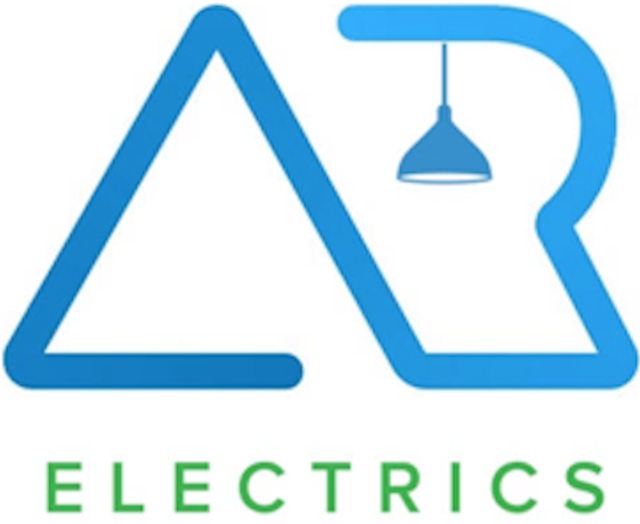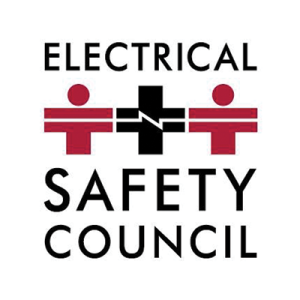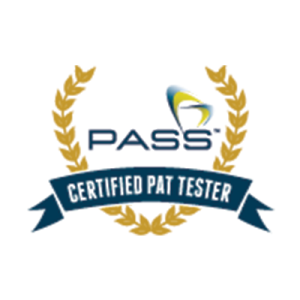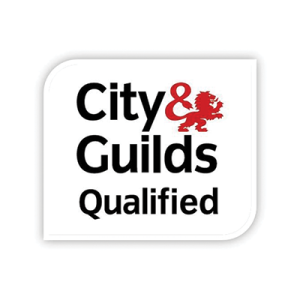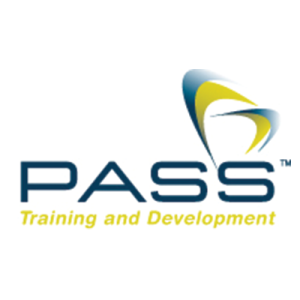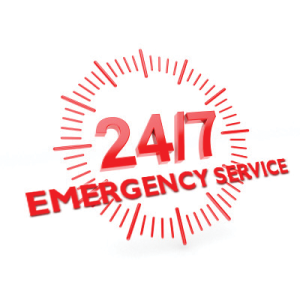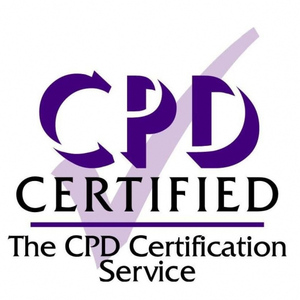Pat testing portable apliance testing
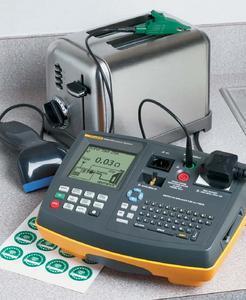
Portable Appliance Testing (commonly known as PAT or PAT Inspection or PAT Testing) is a process in the United Kingdom by which electrical appliances are routinely checked for safety. The correct term for the whole process is In-service Inspection & Testing of Electrical Equipment.
When people work with electrical appliances, health and safety regulations state that the appliance must be safe, to prevent harm to the workers. Many types of equipment require testing at regular intervals to ensure continual safety; the interval between tests depending on both the type of appliance and the environment it is used in. Evidence of testing is clearly visible to workers in the form of 'Passed' , 'Tested For Electrical Safety' and 'DO NOT USE after' labels affixed to various parts of the electrical equipment they use.
The Electricity at Work Regulations (1989) placed a Legal responsibility on employers, suppliers and hirers etc to take reasonable steps to ensure that no danger results from the use of electrical equipment. This means all Portable Appliances at your place of work have to be regularly tested to ensure they are safe.
There is no specific schedule set out for testing. There are however guidelines to help. The regularity of testing depends on the type of equipment and the environment in which it is used. Essentially it is the responsibility of the employer to assess the risk involved and implement their own programme of testing. Most companies still opt for a blanket test of all equipment on an annual basis to ensure conformity.
Landlord Legal Requirements

Anyone who lets residential accommodation (such as houses, flats and bedsits, holiday homes, caravans and boats) as a business activity is required by law to ensure the equipment they supply as part of the tenancy is safe.
The Electrical Equipment (Safety) Regulations 1994 requires that all mains electrical equipment (cookers, washing machines, kettles, etc), new or second-hand, supplied with the accommodation must be safe. Landlords therefore need to regularly maintain the electrical equipment they supply to ensure it is safe.
The supply of goods occurs at the time of the tenancy contract. It is, therefore, essential that property is checked prior to the tenancy to ensure that all goods supplied are in a safe condition. A record should be made of the goods supplied as part of the tenancy agreement and of checks made on those goods. The record should indicate who carried out the checks and when they did it.
It is strongly advisable to have the equipment checked before the start of each let. It would be good practice to have the equipment checked at regular intervals thereafter. You should obtain and retain test reports detailing the equipment, the tests carried out and the results.
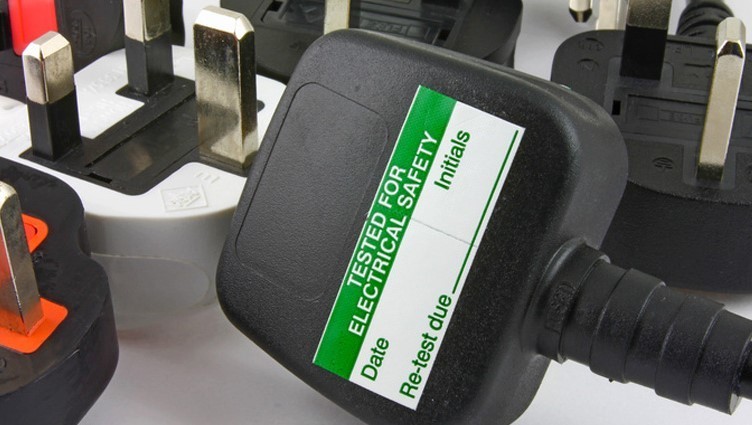
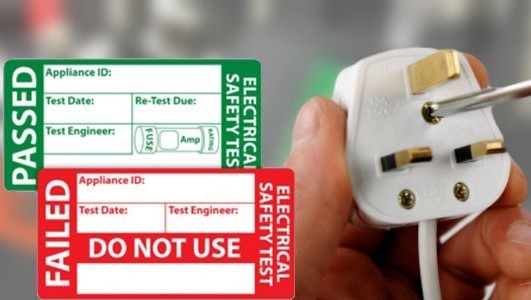
*Prices* (Based on our local working area)
| Appliances | (Prices are subject to VAT) |
|---|---|
| 0-5 Appliances - Small Package Deal - (Ideal for landlords, musicians & exhibitions) | £65 |
| 0-20 Appliances | £75 |
| 21-30 Appliances | £85 |
| 31-40 Appliances | £95 |
| More Than 40 appliances | £1.25 per test |
| Appliances | Rates (Prices are subject to VAT) |
|---|---|
| More Than 150 | £1 Per Test |
| More Than 300 | 90p Per test |
| Microwave Leakage Test | £3.50 |
| New Plug Top If Required | Free |
| Replacement Fuses to Correct size | Free |
